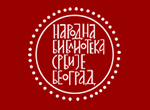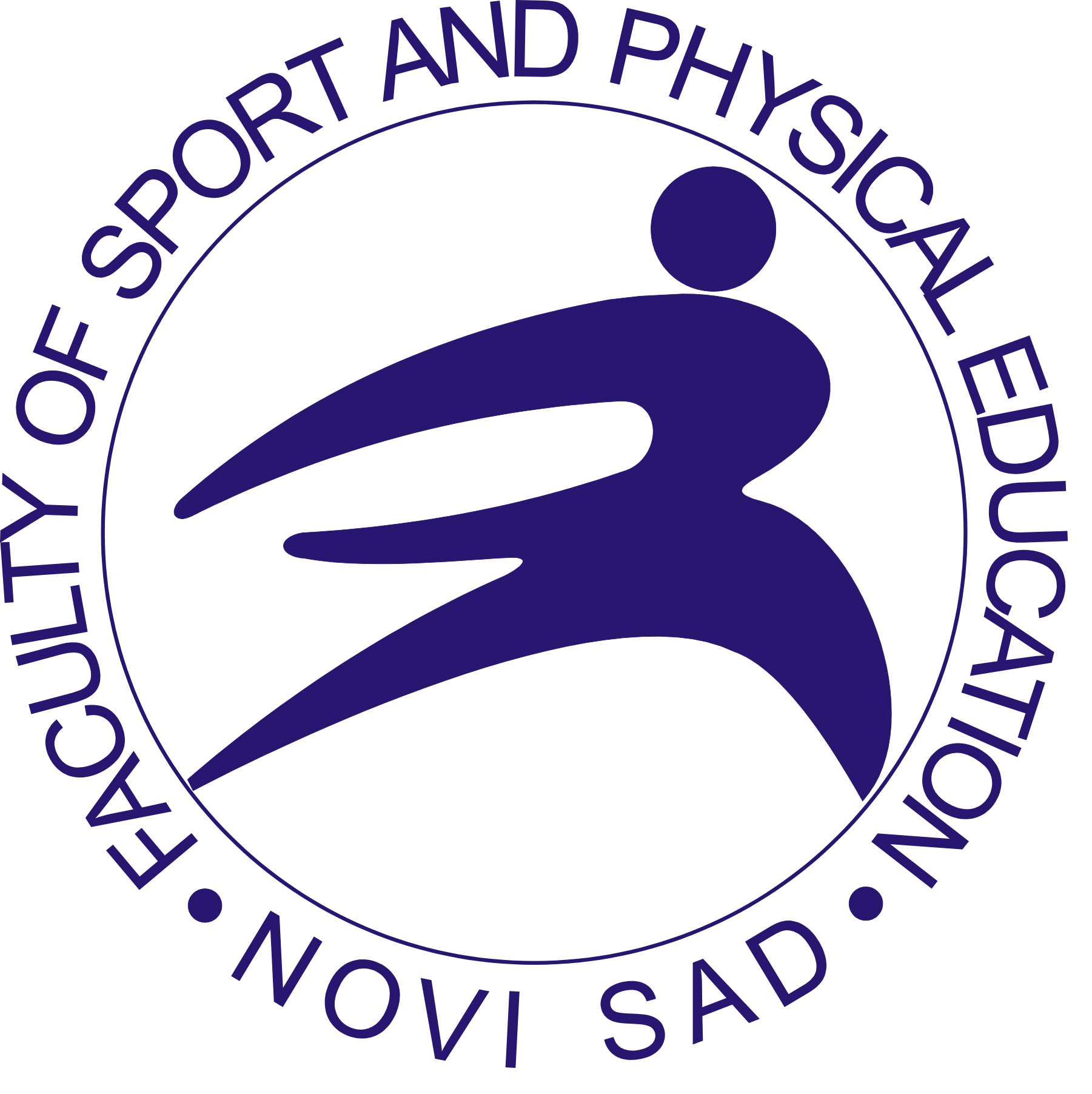Current issue

Volume 18, Issue 1, 2026
Online ISSN: 2406-1379
ISSN: 1821-3480
Volume 18 , Issue 1, (2026)
Published: 17.12.2025.
Open Access
Online First is a feature that enables the publication of final revised articles online before their inclusion in a printed issue. This accelerates the dissemination of research findings and ensures that your authors' work reaches the audience promptly.
Articles published through Online First are assigned a DOI upon their online posting. They should be cited as follows:
Author(s). Title of the article. Exercise and Quality of Life. Advance online publication. DOI:10.31382/xxxx
After assignment to a final issue, citations can include the volume and page numbers in addition to the DOI.
Once articles are allocated to a specific issue, their hosting transitions from the Online First page to the main journal archive. The DOI ensures persistent accessibility.
Citations to Online First articles are counted toward the journal's Impact Factor if other indexing criteria are met. This promotes earlier engagement with the published work.
Online First articles are considered final but not definitive until assigned to a specific issue. Errors identified in the online version can be corrected before the final issue publication.
All issues
Contents
01.12.2016.
Original scientific paper
Skill-based conditioning training in young female volleyball players: impact on power and change of direction speed
Skill-based training has been developed in order to combine the skill and conditioning elements
in a coordinated approach. Our aim was to determine the effects of skill based conditioning
training on power and COD speed in youth female volleyball players. Sixteen young female
volleyball athletes (15±2 years) consented to participate in lower-body power and COD speed
testing.Players were involved in six weeks skill-based conditioning training during in-season.
There were no significant differences between pretraining and posttraining for Block jump and
Spike jump. Moreover, there were no significant (p > 0.05) improvements in Standing broad
jump also.However, compared with pretraining, there was a significant improvement in COD
speed tests. Training induced significant (p ≤ 0.05) improvements in 9-3-6-3-9 test (p<0,001) and
Side steps 10x4.5 m (p<0,001).In conclusion, skill-based conditioning training appears to have
stronger effects in improving COD speed compared to lover body power young female
volleyball players. Volleyball coaches could use this information in the process of planning the
in-season training.
Tomislav Krističević, Goran Sporiš, Nebojša Trajković, Nataša Penčić, Miloš Ignjatović
02.12.2015.
Original scientific paper
DOES THE CHANGE OF TESTING PROTOCOL HAVE AN INFLUENCE ON THE RELIABILITY IN MOTOR SKILL TESTS?
The aim of this research was to determine the effect of two different metric protocols, the
present standard and a new protocol with a video demonstration of the task, on reliability and
homogeneity of motor skills assessment tests for the students in primary education. The
sample of participants comprised ofstudentsin the third and fourth grades from four
elementary schools in the urban area of Petrinja and Sisak in Croatia. The total number of
students that participated was 327, consisting of 186 boys and 141 girls aged 10.5 years. The
students were divided in two subsamples, based on the protocol applied. The sample of
variables consisted of 4 motor skills assessment tests: Shuttle-run, Partial Curl-up, 90° Pushups, Back-saver sit and reach.The results of metric characteristics of composite testing in the
field of motor skills have shown a high level of reliability, homogeneity and sensitivity of
tests after both protocols were applied. Based on the reliability coefficient, the test called
90°Push-ups can be used further by using the video demonstration protocol, with a few trials
before the application, while the test called Partial Curl-updoes not allow the use and
application of the test in this form and using this method. The research shows that, with
correction of some tests, the new protocol with the video demonstration has better results of
metric characteristics of tests compared to the standard protocol.
Krešimir Šamija, Ivan Vrbik, Dejan Madić, Goran Sporiš
01.06.2009.
Original scientific paper
Can agility training affect athletic power performance?
Propose of this study was to determine effects of agility training on athletic power performance. Eighty healthy college-age men (age 19 ± 1.1 years; body mass 77.2 ± 7.1 kg; height 180.1 ± 7.1 cm; body fat percentage 10.8 6 1.6) participated in this study. Subjects were assigned randomly to 2 experimental groups (EG) and 1 control group (CG). The EG groups were required to perform 3 sessions per week on alternate days (i.e., on Monday, Wednesday, and Friday) for 10 weeks. There were no statistical significant differences between CG and EG in initial measurement, also there were no differences found between CG in initial and final measurement. The main result of this study is associated with the aglity training–induced changes in athletic power performance.
Igor Jukić, Goran Sporiš, Luka Milanović, Daniel Bok, Daniel Bok























